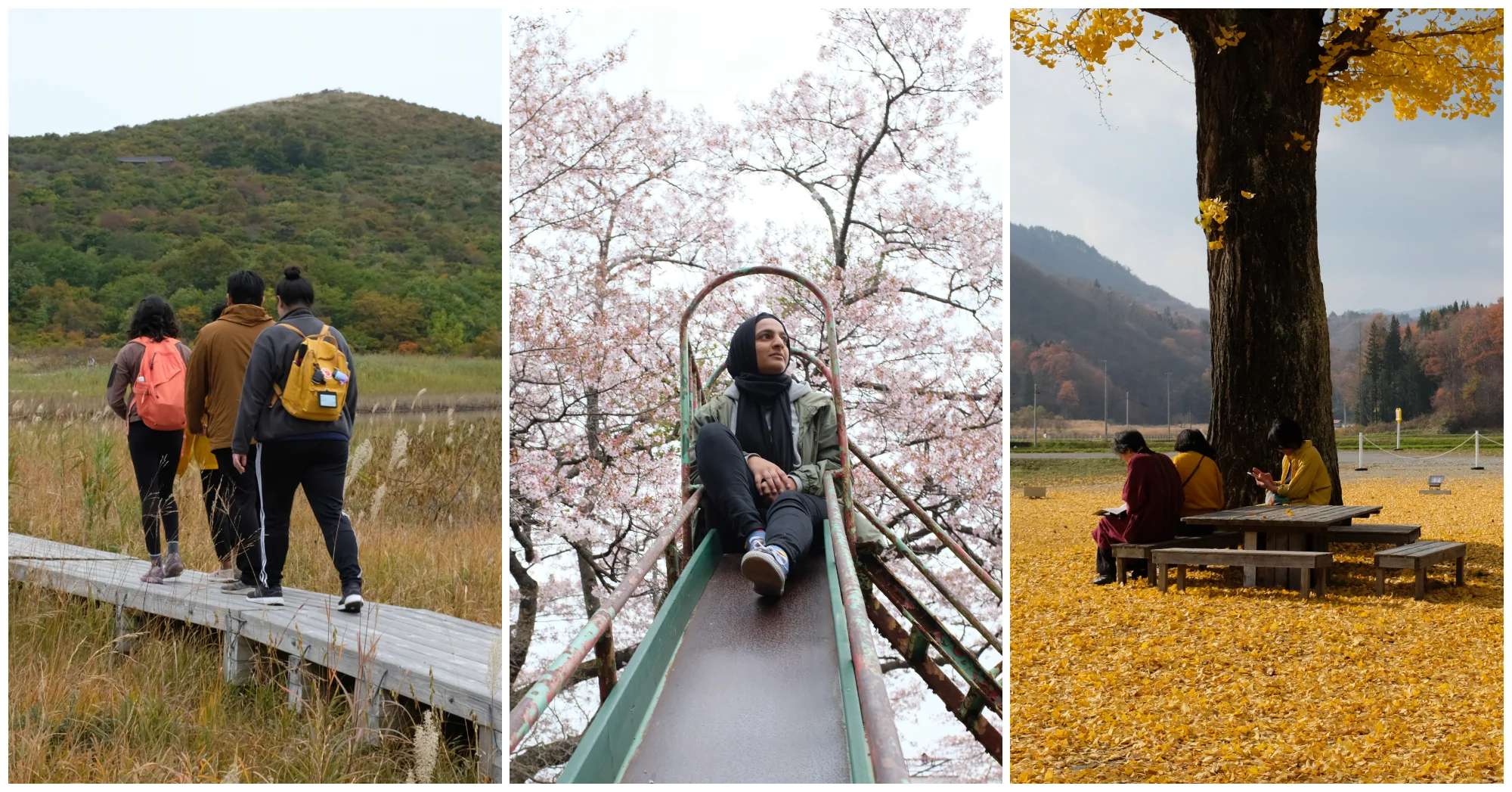Living in a foreign country away from home can be tough, especially so if that place does not have many Muslims! Only 0.1% of Japanese are Muslim - far and few to what many of us Singaporeans, Malaysians and Indonesians may be used to. Fatimah Patel, a South African Muslimah living and travelling in Japan, tells us what it's like living in beautiful Japan in 2022. ?
Being A Muslimah In Japan
Credit: Fatimah Patel
1. Tell us a little bit about yourself! Your name, age, the country you originate from etc.
2. How long have you been living in Japan & what made you decide to live in Fukushima?
3. What’s your favourite thing about Japan & Japanese Culture so far?
Credit: Fatimah Patel
The ease and safety of travelling. It may not seem like a big thing but coming from South Africa where we don't have a great or safe public transport system, is amazing! I’ve been to about 27 prefectures out of 47 alhamdulillah. Travelling around Japan, solo, has not had any hassle regardless of transport. I've done all types of transport; overnight buses, Shinkansens, ferry, local trains and driving. Although, I most enjoy driving! ?
Some precautions I take when travelling include finding female-only hostels, if I’m doing a budget trip. If I’m doing a car camping trip I’ll look for places to park in that look and feel safe. Most of the time someone knows where I am or will be going!
4. Was it difficult adapting to the changes in Japan? Eg. Language Barrier, Way of life
Credit: Fatimah Patel
Living in a new place is never easy. Living in a new place, with a new language; you go from being a semi-decent-functioning adult to being a fish out of water! It is a humbling experience. Though you don't need to know the language to make connections, it definitely helps deepen the connection (between you and others) if you embrace, respect and understand the differences around you. That way, the struggles become growth. However, with that being said, I did have a lot of help from my school to help me with the initial transition, for which I am forever grateful.
5. How has life changed since Covid-19?
Credit: Fatimah Patel
For one, being able to visit home. Japan hasn't imposed national lockdowns like other countries but they have tightened the borders and continue to keep these restrictions in place, even now. Before COVID the trip home was already far. Now, it seems exponentially further with many hurdles to overcome. Hopefully, this new year will be better. God willing.
6. What are the questions that you often receive from locals about Islam?
7. Is there a Muslim community where you live?
There's a handful of Muslims in Koriyama, enough to have a small Masjid on the outskirts of the city. It's not an active community but alhamdulillah during Ramadan, they hold Taraweeh Prayers which makes a huge difference.
8. What are your favourite halal eateries in Fukushima?
Credit: Fatimah Patel
Ah, Halal-certified restaurants in Fukushima are non-existent but there are numerous Indian/Pakistani/Nepalese restaurants. They are familiar with Halal and the majority of them buy their meat from international suppliers which are Halal. In my experience, it is best to ask and make your own decision based on that. Another go-to place is called "Gyomu Super" there you can find a wide variety of frozen Halal certified meats and snacks.
9. What can travellers to Fukushima (when it's safe to do so) look forward to?
Credit: Fatimah Patel
11. Do you ever think about moving back to your home country?
South Africa is and will always be home because that is where my parents are, so yes I do think about moving back but currently, I'm taking each day as it comes :)
Join our channel!Join HHWT’S channel
TL;DR
- 1. Tell us a little bit about yourself! Your name, age, the country you originate from etc.
- 2. How long have you been living in Japan & what made you decide to live in Fukushima?
- 3. What’s your favourite thing about Japan & Japanese Culture so far?
- 4. Was it difficult adapting to the changes in Japan? Eg. Language Barrier, Way of life
- 5. How has life changed since Covid-19?
- 6. What are the questions that you often receive from locals about Islam?
- 7. Is there a Muslim community where you live?
- 8. What are your favourite halal eateries in Fukushima?
- 9. What can travellers to Fukushima (when it's safe to do so) look forward to?
- 11. Do you ever think about moving back to your home country?
Save or share this article





